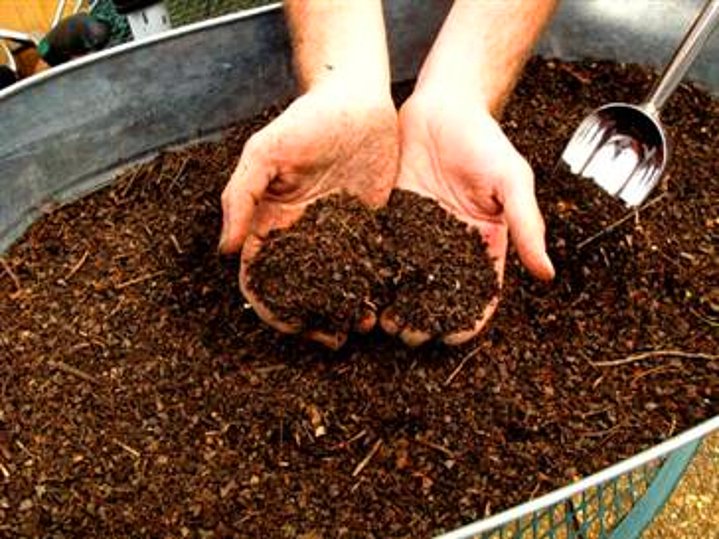Organic Composting
There are few things more important to a healthy home garden than the soil it lives in and organic composting can make all the difference. The soil is what holds all the nutrients that feed your plants and, in some cases, the only way your garden will receive certain nutrients like calcium and magnesium.
The Compost Heap And How It Serves Organic Gardens
The ability of the soil to hold onto nutrients is referred to as its cation exchange capacity, or CEC, as explained by Purdue University. There’s an entire scientific way of finding the CEC of your soil, but for purposes of this article, just know that the higher the CEC number, the better.
Why bring up your soils CEC rating?
Well, there are ways that you can improve upon it yourself. The most common, and perhaps the most effective, way to ensure your garden soil is healthy is to start your own composting heap.
Here are a few reasons you should start composting today.
The Structure Of Your Soil Is Important
How does your soil feel in your hand? Is it hard or claylike?
If it is, your garden is likely suffering and you’ve probably had issues getting some of your plants to grow. Healthy soil, according to the University of Illinois, is crumbly which allows air, water, and energy to move easily.
Adding compost to your soil bed will improve not only the soil structure but also its CEC levels. The plant’s roots will grow with less resistance because of the soil’s consistency and will reach the surrounding nutrient rich soil more readily. Imagine which type of soil would allow for more freedom of movement.
If it’s hard, it will be that much more difficult for your plant’s roots to move through, hindering their ability to grow healthfully. Furthermore, once they do get moving, if they’re packed into “dead” dirt they won’t continue growing much longer.
So, get those CEC levels up!
You’ll Use Less Water
Just like healthy soil with high CEC levels retains nutrients more efficiently, it also maintains a higher water content. The organic matter in homemade compost is lighter, therefore, reducing the level of soil compaction and runoff.
The Composting Council reports that adding compost to sandy or dry soil increases moisture dispersion, which means the water you add doesn’t just go straight down but actually moves out across the soil laterally.
EPA data states that for every 1% of organic material, an acre of land can hold 16,000 more gallons of water than without it.
Ken Singh, the owner of Singh Farms in Arizona, points out that soil containing only 5% organic material from compost saves him 80,000 gallons of water per acre a year.
That’s huge!
Organic Composting Helps Prevent Plant Disease
Plants that grow in compost treated soils have proven to produce less pest related issues. The University of Illinois explains that compost’s main role in an organic garden is to control disease and insects that may overrun a more sterile soil that lacks natural checks against their proliferation.
Now, it doesn’t deter pests entirely and nor should you want to. Those tiny little creepy-crawlers that call your garden home are actually doing some good. They aid in the decomposition of pesticides, manure, and other organic compounds that can be found in your compost heap. This stops these elements from contaminating the water your plants are soaking up and if you’re growing anything edible this is a welcomed side effect of your “pest problem.”
Just because you’re a home gardener doesn’t mean you shouldn’t take extra steps in maintaining the health of your garden. Every plant, whether growing on a 100-acre farm or in a small corner of a backyard, has the same basic needs.
Composting will help you meet these needs much more efficiently. There are several kinds of bagged compost varieties but like with everything else in life, you can never be sure what’s in them unless you make it yourself. Everything you need to create a compost pile is most likely being tossed out with the rest of your garbage.
Why not repurpose things like banana peels, coffee grounds, and grass clippings into organic plant food?
Your garden will thank you for your organic composting efforts. And so will the planet for the landfill space you save!
